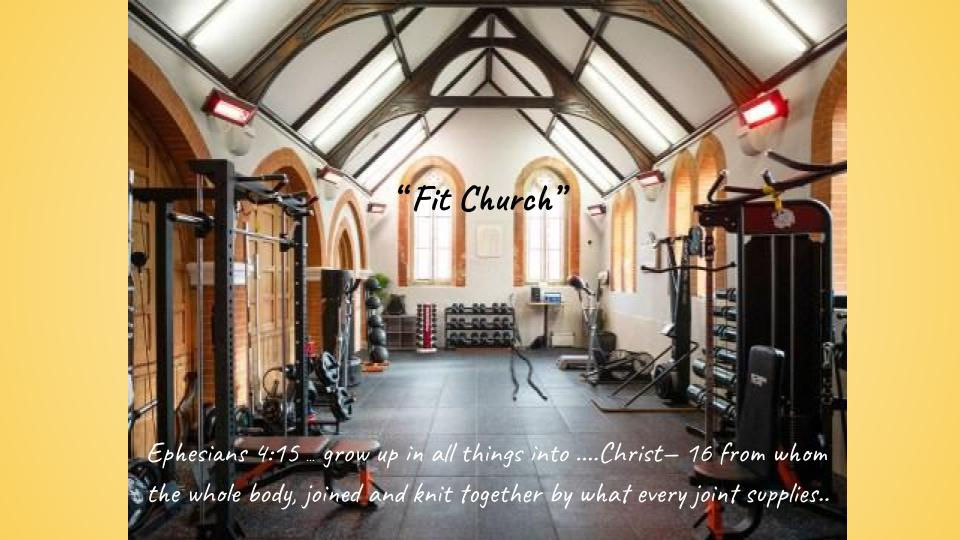“Thankfulness in Brokenness”
- Oct 5, 2023
- 3 min read
We have completed our study of the Book of Job, except for the epilogue, what is the final outcome of our character Job? On this Thanksgiving Sunday, I want to explore some of the similarities between the life of Job and the life of Jesus. They both experienced the blessing of God; they both had their earthly lives interrupted by the will of the Father. The enemy, Satan, was at work in both of their lives …but there was a striking difference between the two, in that Jesus walked through His hour of darkness in an attitude of thankfulness; whereas Job was not able to.
Because Job, even though he has been righteous and blameless, also lived with an element of unhealthy fear. Even though he loved God, yet underneath was this attitude of dread and worry. You become aware of it in Job 3:25 For the thing I greatly feared has come upon me, and what I dreaded has happened to me. 26 I am not at ease, nor am I quiet; I have no rest, for trouble comes.”
Jesus loved His Father in a perfect way. There was perfect trust, obedience, perfect submission and He was willing to place His life in the hands of the Father. If you had to choose a verse that He modelled His life after, it would be this:
John 12:24 Most assuredly, I say to you, unless a grain of wheat falls into the ground and dies, it remains alone; but if it dies, it produces much grain. 25 He who loves his life will lose it, and he who hates his life in this world will keep it for eternal life.
Jesus had the recognition that His life was like a seed, He was willing to be broken and die so that it would yield a crop that would bring joy. He was able to go through His dark night in an attitude of thanksgiving and gratitude. That's something that's missing from the life of Job. We don't hear about any attitude of thanksgiving or thankfulness …. there’s no grateful heart in Job.
This is the path of brokenness- the ground must be broken to receive the seed. And the skies must break open to give the rain. The seed must itself break open- germinate; and the kernel when ripe has to be broken/crushed to produce flour. The loaf must be broken to feed the hungry. All of this happens best in an attitude of thankfulness to God.
In the darkest hour of the Saviour’s life, it says this: Luke 22:19 And He took bread, gave thanks and broke it, and gave it to them, saying, “This is My body which is given for you; do this in remembrance of Me.” He was about to be broken and spilled out - His body would be beaten; His blood would run down the cross…and He thanked God? Because He understood that He, in His brokenness, would be given the privilege of bringing a dying world into fellowship with the Father. And that would bring much joy.
To give thanks in our brokenness is to experience the grace of God that leads to joy. To share with others in our brokenness is to do what Jesus did as He was broken for us. There was no enjoyment in the suffering and yet Jesus gave thanks to the Father, who was graciously going to be with Him through the trial of His suffering, and give Him the ability to give His life as a ransom for many, and raise Him from the grave and that would result in great joy.
The question is: “How can I have a grateful heart in my dark night, in the middle of my brokenness?” If we live in submission/surrender to God; that my life is like a seed and I must die to myself so that I can bear fruit; then even in the middle of our dark night - we can have an attitude of thankfulness.
Join us in person on Sunday at 10:00 a.m. or via livestream by going to https://www.firstbaptistsudbury.com and clicking on livestream for “Thankfulness in Brokenness.”
Blessings,
Kevin




Comments